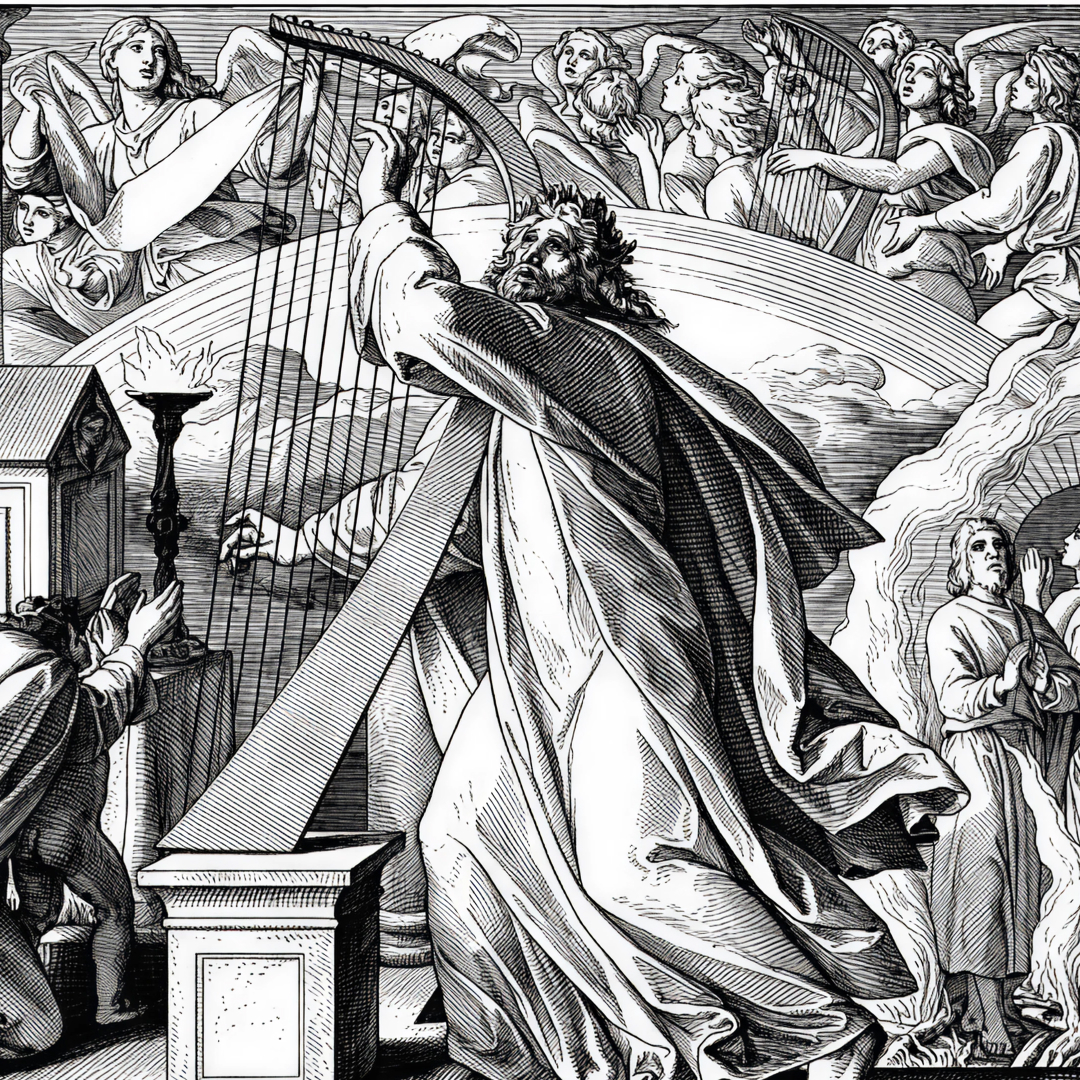Holy Highlights
Archives
Psalms: Exploring Their Power and Local Impact in 2025
SIGN UP FOR OUR NEWSLETTER
Psalms: The Heartbeat of Faith Through the Ages |
Exploring the Power, Legacy, and Local Resonance of the Book of Psalms in 2025 |
The word “Psalms” instantly evokes images of prayerful communities, voices joined in harmony, and an ancient tradition that still echoes powerfully in the modern world.
Derived from a Greek term meaning “song,” the title points to the very essence of this beloved book: melodies lifting hearts toward the divine.
In Jewish tradition, these texts are simply called the “Praises,” reflecting their central role in communal and personal devotion.
Every week, local congregations—from historic synagogues in Brooklyn to vibrant Catholic parishes in downtown Chicago—gather to proclaim or chant the Psalms, carrying on a practice that has lasted thousands of years.
This extraordinary collection is divided into five books, each charting a spiritual journey.
Book One, for example, features dramatic lament and hopeful praise from King David; Book Two chronicles the rise and promise of Israel’s kingdom; the following sections reflect on loss, exile, and the eventual joy of restoration.
Many are surprised to discover the wide range of authors represented—besides David, figures like Solomon, Asaph, and the Sons of Korah contributed hymns that speak to the full landscape of human emotion.
Here in 2025, churches and synagogues across the country embrace the Psalms’ time-tested images and metaphors in new initiatives.
In early July, a multi-faith concert series in Austin drew hundreds, as local musicians set Psalms to folk, gospel, and contemporary music, reminding everyone that these verses adapt to every age and culture.
Lyrical poetry lies at the heart of the book’s power.
Unlike typical English verse, Hebrew psalmody relies on parallelism—lines that repeat or contrast a thought—creating a rhythm that feels both intimate and universal.
The Psalms have always acted as a mirror, reflecting deep sorrow, raucous joy, defiant hope, and everything in between.
The pandemic years heightened appreciation for the Psalms’ honesty: local prayer groups in Seattle, Miami, and everywhere in between shared how verses of lament brought comfort during uncertainty, while lines of thanksgiving celebrated small victories and moments of healing.
This adaptability is part of what makes the Psalms “the masterwork of prayer,” as the Catechism calls them.
Whether recited in a bustling cathedral, whispered on a morning walk along Boston’s Charles River, or sung at sunset during a rooftop gathering in Los Angeles, these ancient words unite communities across every dividing line.
Scholars continue to note the Psalms’ prophetic vision.
Many local bible studies—particularly in suburban Denver and Houston—have explored passages like Psalm 22, reflecting on how these lines prefigure events in Christian theology and modern history alike.
For many believers, the fact that Christ himself prayed the Psalms as a devout Jew is a source of profound connection.
When worshippers recite these same verses today, they participate in an unbroken stream of faith, bridging centuries and continents.
Most striking, perhaps, is the Psalms’ relevance to local life and spirit.
In 2025, with neighborhoods recovering from economic upheaval, new social challenges, and cultural shifts, the Psalms continue to provide words for every mood—words that bind individuals to neighbors and generations to one another.
This summer, as communities from San Francisco to Atlanta join in interfaith vigils or neighborhood music nights, the Psalms remain not only literature, but living, breathing expressions of hope, anguish, and renewal.
These timeless songs are—now as ever—the very heartbeat of faith. |

